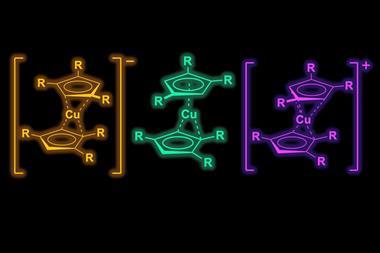Sixty-six research institutions in the US and Canada have adopted a set of principles to prevent sexual harassment in academia developed by the Association of American Universities (AAU). Under the non-binding framework, AAU member universities’ presidents and chancellors have agreed to share findings of sexual misconduct with prospective employers upon their request.
Overall, the eight principles aim to address the problem of sexual harassment on campus by instituting policies that educate the academic community and ensure that sexual harassers don’t get passed from one university to the next, explained AAU’s president Barbara Snyder. They are designed to be adaptable to the cultural and legal circumstances of each institution. AAU member universities are predominantly in the US, but there are two in Canada.
By signing onto the principles, these universities have also agreed that when making hiring decisions they will request or require job applicants provide written consent to release information on sexual misconduct findings from their previous employer. In addition, they have committed to seeing all sexual misconduct investigations at their institution through to completion, whether or not the accused harasser switches jobs. Taken together, these actions would ensure that harassment investigations will not simply be closed once the accused person leaves their current university, but will instead result in an official finding that becomes part of their employee record and can be disseminated externally.
AAU member universities conduct more than 60% of the competitively awarded federal research in the US. ‘We are normalising some of these practices and principles, and we hope that they spread from here and … become common practice in higher education and the research community,’ AAU spokesperson Pedro Ribeiro tells Chemistry World.

















No comments yet